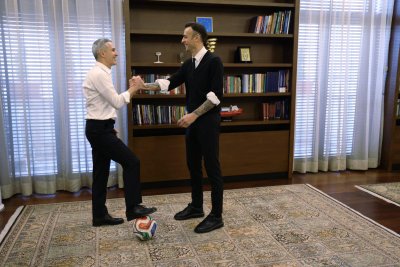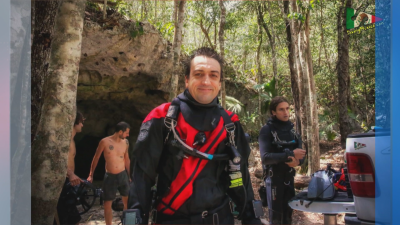ИЗВЕСТИЯ
Моите новини
Европейската прокуратура призна Теодора Георгиева за...
Чете се за: 01:32 мин.

Карлос Насар бе избран за "Спортист на...
Чете се за: 05:10 мин.
Президентът Илияна Йотова освободи от длъжност главния...
Чете се за: 00:27 мин.

Министерският съвет прие промени в удължителния закон за...
Чете се за: 01:50 мин.

Високо напрежение в НС: Депутатите отхвърлиха...
Чете се за: 03:42 мин.

Димитър Бербатов става съветник на премиера Андрей Гюров...
Чете се за: 02:17 мин.






 Чуй новините
Чуй новините Подкаст
Подкаст






















